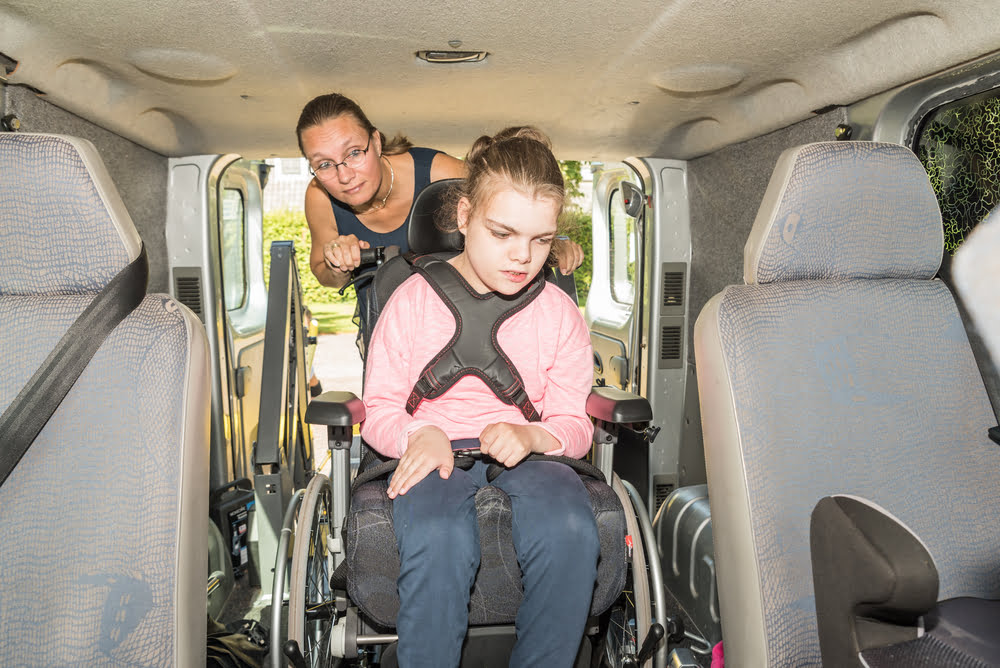New regulations for electric vans can affect both entrepreneurs and sustainable transition.
From October 1, the Dutch traffic landscape will undergo a fundamental change: the B driving license will no longer be sufficient to drive certain heavy electric vans or taxis. This development could have significant repercussions for both entrepreneurs and for the Dutch government's broader agenda to stimulate the transition to green transport.
Until now, there was an exemption that allowed drivers to drive electric commercial vehicles up to 4250 kg with a B driving license. That exemption will now lapse. In practical terms, this means that anyone who wants to drive an electric commercial vehicle weighing more than 3500 kg will have to obtain a truck driver's license. With a B driving license you can drive cars and vans with a total weight of up to 3500 kilograms and with a maximum of 8 seats, excluding the driver. An example of such an electric van is the e-Ducato, with a total weight of 3500 kg and a net weight of 2680 kg, which means that only 820 kg are allowed in the loading space.
This rule change comes at a time when electric transport in the Netherlands is experiencing strong growth. According to statistics, there are more than 20.000 fully electric commercial vehicles in the country. Although the majority of these vehicles weigh less than 3500 kg, the new rules could impose a significant financial burden on companies that have or are considering purchasing heavier electric vehicles in their fleets.

The dilemma is not only financially but also politically charged. On the one hand, the government wants to reduce emissions and encourage electric driving. On the other hand, this change in law threatens to have the opposite effect. Electric commercial vehicles are already more expensive than their diesel equivalents, and the extra cost of a truck license could discourage companies from switching to electric vehicles. The BOVAG, a trade association in the automotive sector, warns that proper legislation to address this issue may be years away, especially given the lack of a current cabinet and the upcoming elections and possible long formation.
CBR
As for applying for new truck driver's licenses, the CBR cannot yet provide specific figures, but a spokesperson reported that the national reservation period is currently 7 weeks, and the waiting time varies by region. In 2019, the government granted an exemption for drivers with a regular driver's license to drive an electric commercial vehicle between 3500 and 4250 kilos in order to reduce emissions. Now the situation seems to be changing in a direction that could be counterproductive to these green ambitions. A change in the law is already in the works that should make it possible for drivers with a normal driver's license to also drive heavy electric vans, but due to the political uncertainty, this solution still seems far away.



